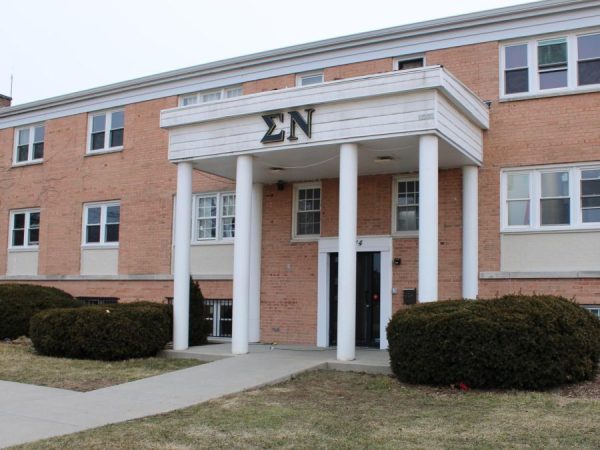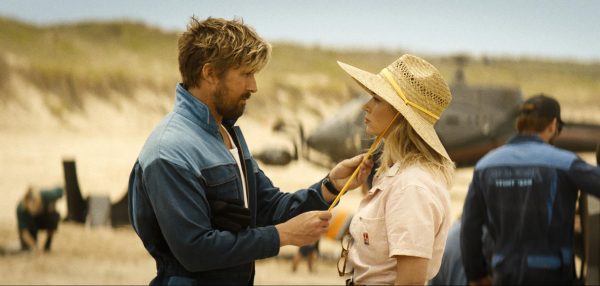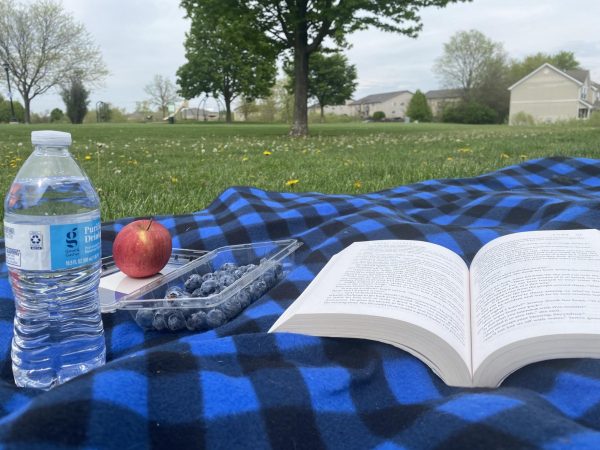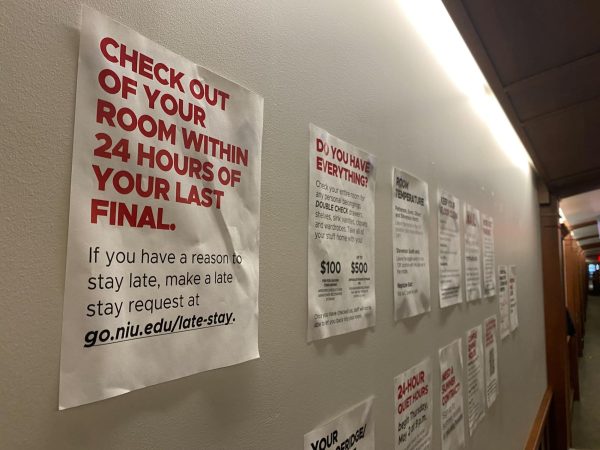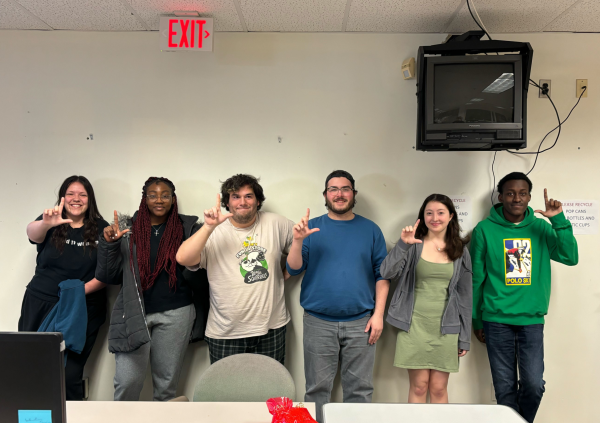TV develops awareness for tough topics
October 27, 2016
DeKALB | Popular TV shows like “Empire” and “Black-ish” are using its TV presence to spread awareness about an important topic about police brutality, sparking conversation among its viewers.
“Empire” returned to TV this fall and, Lucius, Cookie, Andre, Hakeem and Jamal Lyon have been the talk of TV since the show’s premiere in 2014. However, in this season, creator Lee Daniels seems to be very intentional with the content he’s deciding to air and use his platform for.
Shada Cook, senior journalism major and director of public relations for the Black Student Union, said the power dynamics in telling black narratives has shifted which offers more room to tell black truths.
“I think they’re taking a stance now because we are in positions of power to do so,” Cook said. “Those shows [such as Empire and Scandal”] are all shows that have black executive producers and they’re controlling the narrative.” Cook said. “Previously other people have been telling our stories, so now that [we] are in positions of power, we kind of have the last say so.”
This season the show is tackling the issue of police brutality. The issue has become a nationwide conversation resulting in active dialogues, protests and demonstrations and also giving birth to the Black Lives Matter movement — which isn’t solely about police brutality but the fight for people of color’s lives to be just as valued as their white counterparts.
“Empire” may be the most recent show to take on a topic like police brutality and artistically portray the real life aspect of what black men go through in dealing with police. Other shows like “Scandal,” “The Carmichael Show” and “Black-ish” too aired topics on this matter, developing conversations all over social media during its airtime.
The show’s second and third episodes, main character Andre Lyon attempted to move items from his old home he shared with his wife Rhonda, who recently passed away. A neighbor who was unfamiliar with Lyon then called the police, which led to him being profiled and arrested. The next episode Lyon was charged with resisting arrest and assaulting an officer, when in fact, viewers saw Lyon obliged to the officers who used excessive force to arrest him.
Mary Gentry, senior communication and media studies major and media consultant for the Black Student Union, said she thinks the wave of police brutality shown on TV shows is to educate the public on the seriousness of police brutality.
“A lot of the shows we watch are relatable and that’s what we want to see,” Gentry said. “For them to put that scene in ‘Empire’ is showing how common police brutality is. This is the truth, and that being black puts you in harmful predicaments with law enforcement.”
Kenya Barris, “Black-ish” creator and executive producer said the inspiration for the episode “Hope” focused on police brutality against a black teen and stemmed from Bariss’ experience as a parent and determining how to have difficult conversations about real-life police brutality with his children, according to an article on blavity.com.
Commander Jason Leverton, of the DeKalb Police Department, said although he isn’t too familiar with the portrayal within TV shows, he thinks he understands why the topic has been shown more.
“I think it’s been an item in the news and something on everyone’s mind,” Leverton said. “A lot of [TV] shows tend to follow news patterns.”
Leverton said the instances of police brutality that have happened across the nation are disappointing.
“It isn’t what we represent,” he said. “It’s giving a black eye to the profession, and it is disheartening and discouraging. A lot of us work hard to combat that portrayal.”



